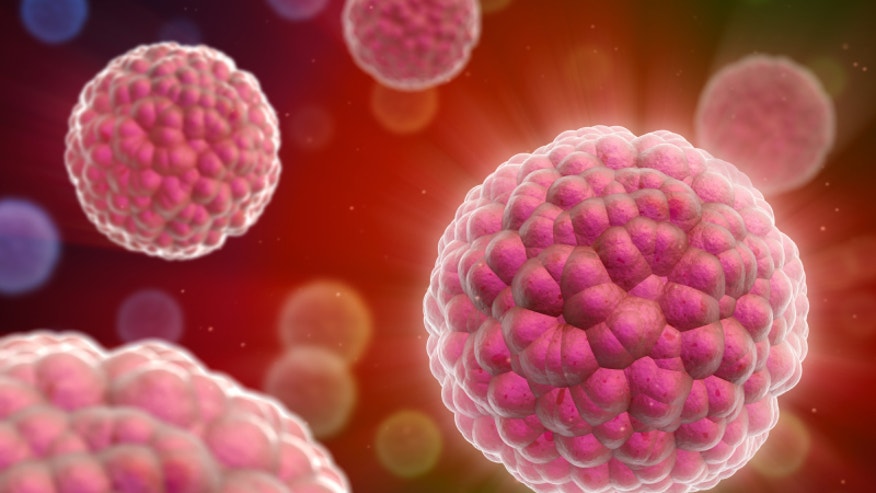 Cancer remains the leading cause of death among Hispanics in the U.S., driven in large part by lung malignancies in men and breast tumors in women, a new report finds.
Cancer remains the leading cause of death among Hispanics in the U.S., driven in large part by lung malignancies in men and breast tumors in women, a new report finds.
Almost 50% of the risk of getting testicular cancer comes from the DNA passed down from our parents, according to a new study.
Typically, genetics accounts for just 20% of the calculation doctors make to gauge someone's odds of getting other types of cancer, say scientists at The Institute of Cancer Research (ICR) and colleagues in Europe and the U.S.
Read More
 RIYADH: Recent advances in treating breast cancer among women will be discussed at the 36th scientific meeting of officials of the King Abdulaziz City For Science and Technology (KACST) and King Faisal Specialized Hospital (KFSH) here on Wednesday.
RIYADH: Recent advances in treating breast cancer among women will be discussed at the 36th scientific meeting of officials of the King Abdulaziz City For Science and Technology (KACST) and King Faisal Specialized Hospital (KFSH) here on Wednesday.
Combining glitazones with standard treatment improved survival in small study
Read More
Study found procedure improved survival for people with stage 3 disease
Using tiny but powerful bursts of electricity to make holes in pancreatic cancer cells may improve survival rates for some patients, new research suggests.
Read MoreSeveral recent meta-analyses (grouped results of research studies) show that aromatase inhibitors (AIs) are more effective than tamoxifen at reducing breast cancer recurrence and death in post-menopausal survivors. AND that adding bisphosphonates – osteoporosis drugs – to the mix is even more effective than using an AI alone. But – at what cost to your comfort and quality of life? Aromatase inhibitors yield better results than tamoxifen Here are the facts: A recent study from Great Britain's Oxford-based Early Breast Cancer Trials Collaborative Group (EBCTCG ) indicates that aromatase inhibitors are 30 percent more effective than tamoxifen at preventing a breast cancer recurrence in post-menopausal women with early-stage breast cancer (i.e., the cancer hasn't left the breast).
Read More

Researchers analyzed 36 studies including more than 140,000 women from around the world. They found that every five years of taking birth control pills was linked to a 24 percent reduction in the risk for endometrial cancer, even more than three decades after women stopped using the contraceptives.
Read More
But findings should be viewed with care, researcher says
Regularly taking low-dose aspirin or other common pain relievers may lower long-term risk of colon cancer, new research suggests.
Read More
Small study showed high accuracy but hurdles remain, two experts said
Skin cancer remains the most common cancer for Americans, and invasive biopsies for lesions that could be dangerous melanomas have long been routine.
Now, researchers say they've developed a non-invasive test that can spot melanoma skin cancer without a biopsy, according to a new study.
Read MoreScientists understand what makes moles form but have long questioned why they stop growing and why some moles become cancerous while the majority do not. A recent study sheds some light on this question. Scientists at Perelman School of Medicine at the University of Pennsylvania have identified a genetic factor that keeps moles in a noncancerous form.
Read More